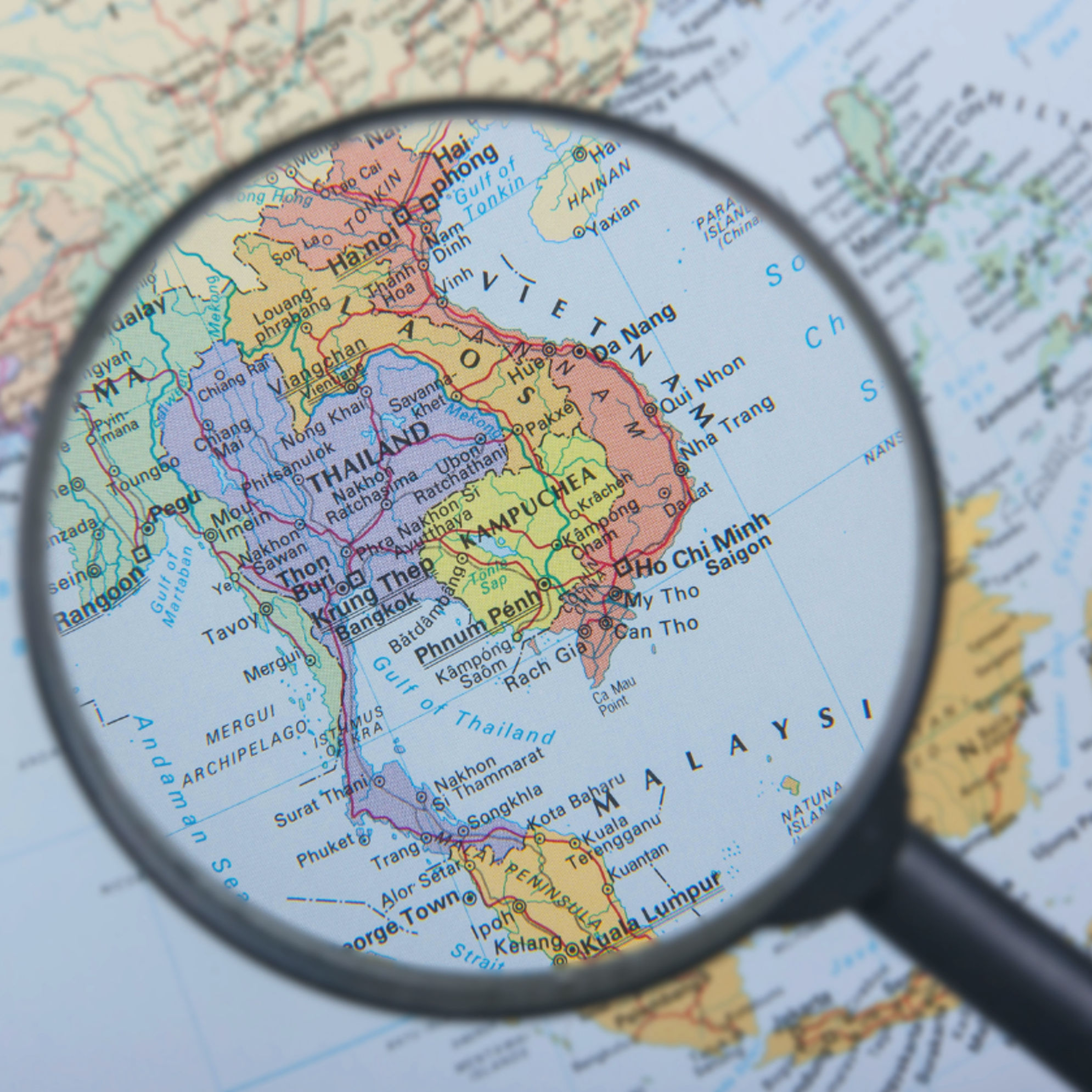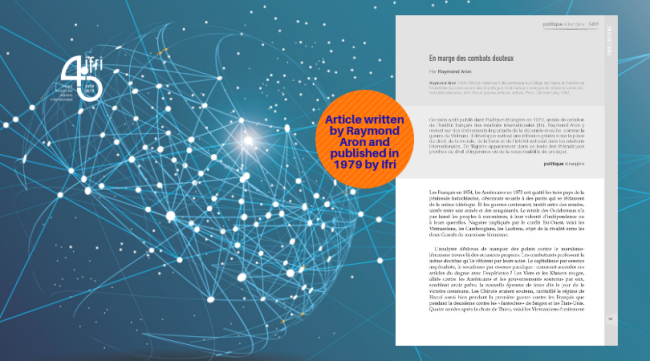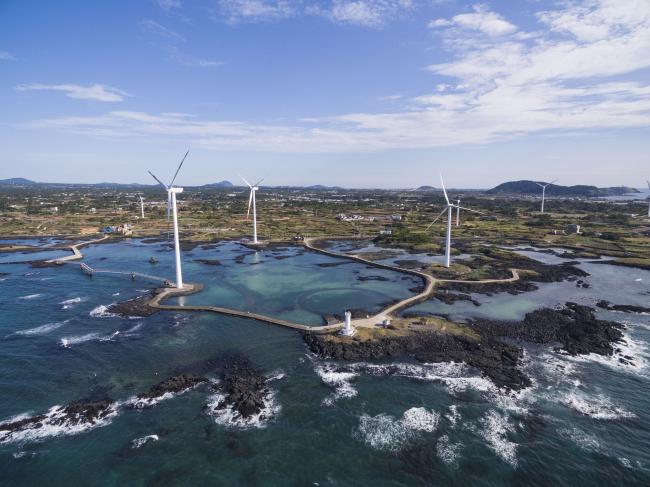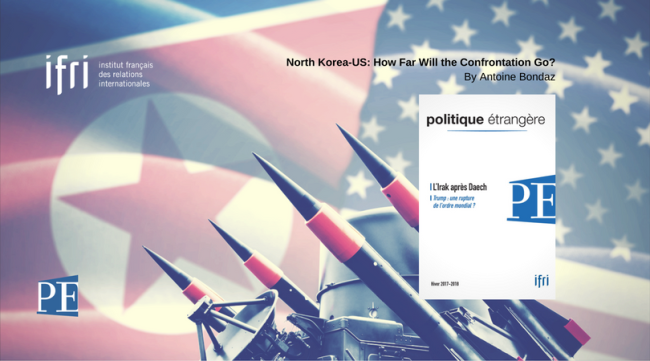Southeast Asia
Southeast Asia, one of the key areas of Sino-American rivalry, is going through a period of political uncertainty, with certain democratic trajectories being called into question (Myanmar, Thailand).

Korea in Africa: Between Soft Power and Economic Interests
Through development assistance and economic engagement, South Korea has sought to project itself as a different kind of partner for Africa. In reality, it is not so unique.
Between the Lines of Questionable Battles
This text was published in Politique étrangère in 1979, the year in which the French Institute of International Relations (Ifri) was created.
Rohingya: Can the Crisis be Resolved?
The Rohingya issue involves a complex national and regional history.
South Korea's New Electricity Plan. Cosmetic Changes or a Breakthrough for the Climate?
Shortly after his inauguration in May 2017, the President of South Korea, Moon Jae-In, announced a major policy shift away from nuclear and coal power, and toward renewables and gas. This would have meant a complete U-turn from previous policies, considering that nuclear and coal produced 40% and 30% respectively of Korea’s total electricity in 2016.
North Korea-US: How Far Will the Confrontation Go?
Since Kim Jong-Un came to power, the North Korean regime has significantly strengthened its nuclear and ballistic capabilities.
Corée du Sud, la septième armée du monde ?
As Democratic Republic of Korea’s (DPRK) continuous development of non-conventional weapons and challenges of the international community reaches a new level, Republic of Korea (ROK) appears more than ever as the frontline state on which most of North-East Asia security depends.
North Korea's Nuclear Posture: an Evolving Challenge for U.S. Deterrence
A more capable, nuclear-armed, North Korea will pose very substantial challenges to the U.S. deterrence posture.

China’s rise: the view from South Korea
Monitoring China-South Korea relations is key for the EU, as both countries have been designated strategic partners. Moreover, the Union has important economic ties to both, and signed a free trade agreement (FTA) with the Republic of Korea (ROK) in 2011.
Looking Ahead to COP21: What Korea has done and what Korea should do
Korea is the world’s 14th largest economy but the 8th largest emitter of CO2 as of 2013, due largely to an energy-intensive industry structure. Although it has continuously reduced its dependency on petroleum since it introduced the Energy Master Plan in 2008, the relative portion of non-fossil fuel sources, such as renewable energy, is still marginal at best (representing less than 10 percent of the total energy portfolio). In particular, it is difficult for Korea to increase the portion of renewables for various reasons. In this context, Korea has tried to find an adequate role in fighting against climate change.

The United States - South Korea Military Alliance in Question
The alliance born of the Korean War trades the assurance of security for Seoul with a certain alignment with Washington.
Coming in from the Cold? An Update on North Korea's External Economic Relations
This brief analysis of the current external economic relations of the Democratic People’s Republic of Korea (DPRK) leads to a number of conclusions.

FDI as a Factor of Economic Restructuring: The Case of South Korea
Françoise Nicolas, in A. Bende-Nabende, (ed.), International Trade, Capital Flows and Economic Development in East Asia: The Challenge in the 21st Century, London, Ashgate, 2003

Going Multinational: The Korean Experience of Direct Investment
The broad aim of this book is to explore the pattern and determinants of Korean foreign direct investment. The main focus is on Outward Direct Investment, but data and analysis are provided on both inward and outward flows in developed and developing counties in order to arrive at a better understanding of the dynamics at work.
Support independent French research
Ifri, a foundation recognized as being of public utility, relies largely on private donors – companies and individuals – to guarantee its sustainability and intellectual independence. Through their funding, donors help maintain the Institute's position among the world's leading think tanks. By benefiting from an internationally recognized network and expertise, donors refine their understanding of geopolitical risk and its consequences on global politics and the economy. In 2025, Ifri supports more than 80 French and foreign companies and organizations.













